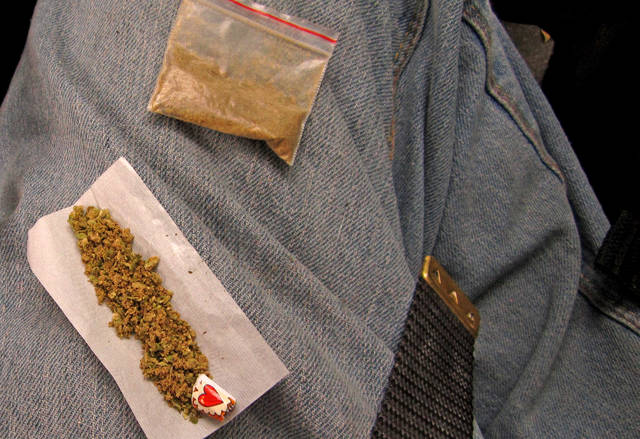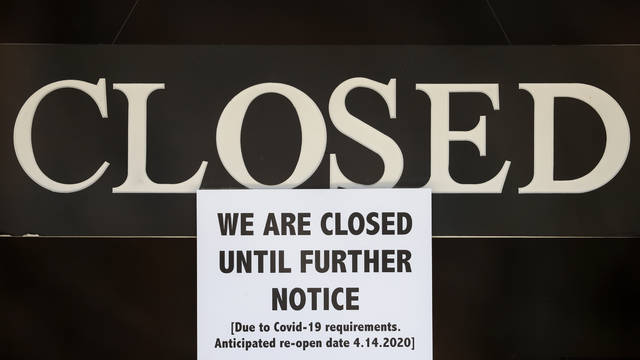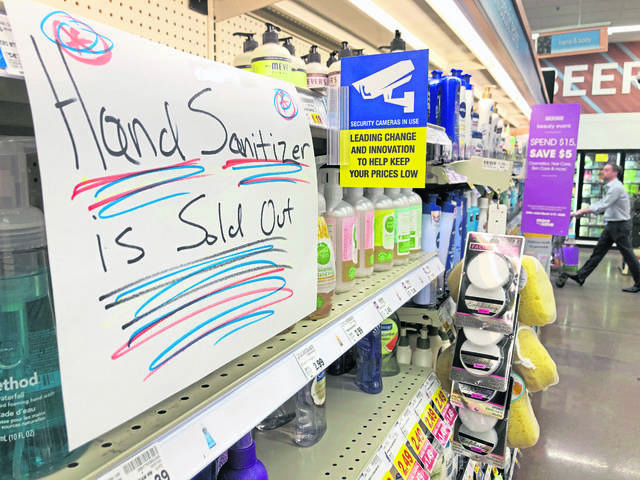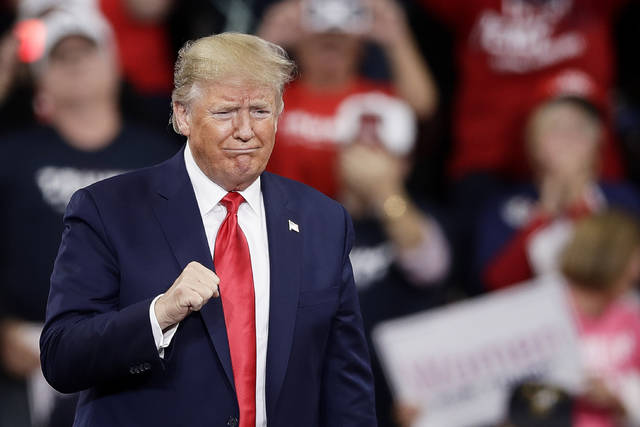One hundred years ago, on Jan. 17, 1920, when the 18th Amendment came into force, it became illegal to manufacture, transport or sell alcohol within the United States. Prohibition was a profoundly bad idea, but even had it been worthwhile, it was nearly impossible to enforce.
People wanted alcohol regardless of the law, and they did what they had to in order to get it. Bootleggers supplied speakeasies, which sprung up almost immediately. Finally, in December 1933, the U.S. abandoned Prohibition by passing the 21st Amendment — the only amendment ever ratified for the purpose of undoing a previous amendment.
But Prohibition’s failure isn’t the important issue — what Congress has the authority to do is. In 1919, Americans understood that Congress had no authority to ban alcohol, so a constitutional amendment would be needed. This required a two-thirds majority vote in both the House and Senate, followed by an affirmative vote in three-fourths of the states. All of this was necessary because the only things Congress has the authority to do are listed in Article 1, Section 8 of the Constitution. And Article 1, Section 8 says nothing about alcohol.
Yet today, when Congress prohibits recreational drugs, it does so by simply passing a law. And when the government regulates prescription drugs, there is no vote at all — unelected bureaucrats make those decisions. How is it that in just 100 years, Americans have gone from regarding the federal government as having specific, enumerated powers, to having powers limited only by politicians’ imaginations?
Nowhere in Article 1, Section 8 is Congress given the authority to create Social Security, legislate health care, subsidize student loans, regulate workplace safety, establish national parks or do almost anything it currently does.
Drugs aren’t mentioned in the Constitution any more than alcohol, so whence comes Congress’s authority to legislate them? Why did we need an amendment for alcohol, but not for drugs?
The Interstate Commerce Clause, as interpreted by the Supreme Court, is the answer. In Wickard v. Filburn (1942), the court ruled that a farmer, growing wheat on his own land, to feed to his own livestock, had violated a federal law regulating interstate commerce. The court, in effect, declared that something that was neither interstate nor commerce was, in fact, interstate commerce. And so Congress had the power to regulate it.
For nearly 80 years, Congress has been regulating all manner of things, interstate or not, commerce or not, under the banner of “interstate commerce.” The result? A government unencumbered by its own Constitution, and a thoroughly regulated country.
And on this, the 100th anniversary of Prohibition, Americans would do well to remember why the Founders sought to limit the federal government’s authority.
When your preferred party is in power, you will be tempted to look the other way when Congress exercises unconstitutional powers. But, come next election, the other party will be in power — and Congress will retain those same unconstitutional powers. Repeat this cycle for a century or so and you end up with a government that intrudes into people’s lives in any way it wants. We would do well to remind our congressional overlords that they work for us, and the rules by which they should do so are clearly articulated in Article 1, Section 8 of the Constitution.







